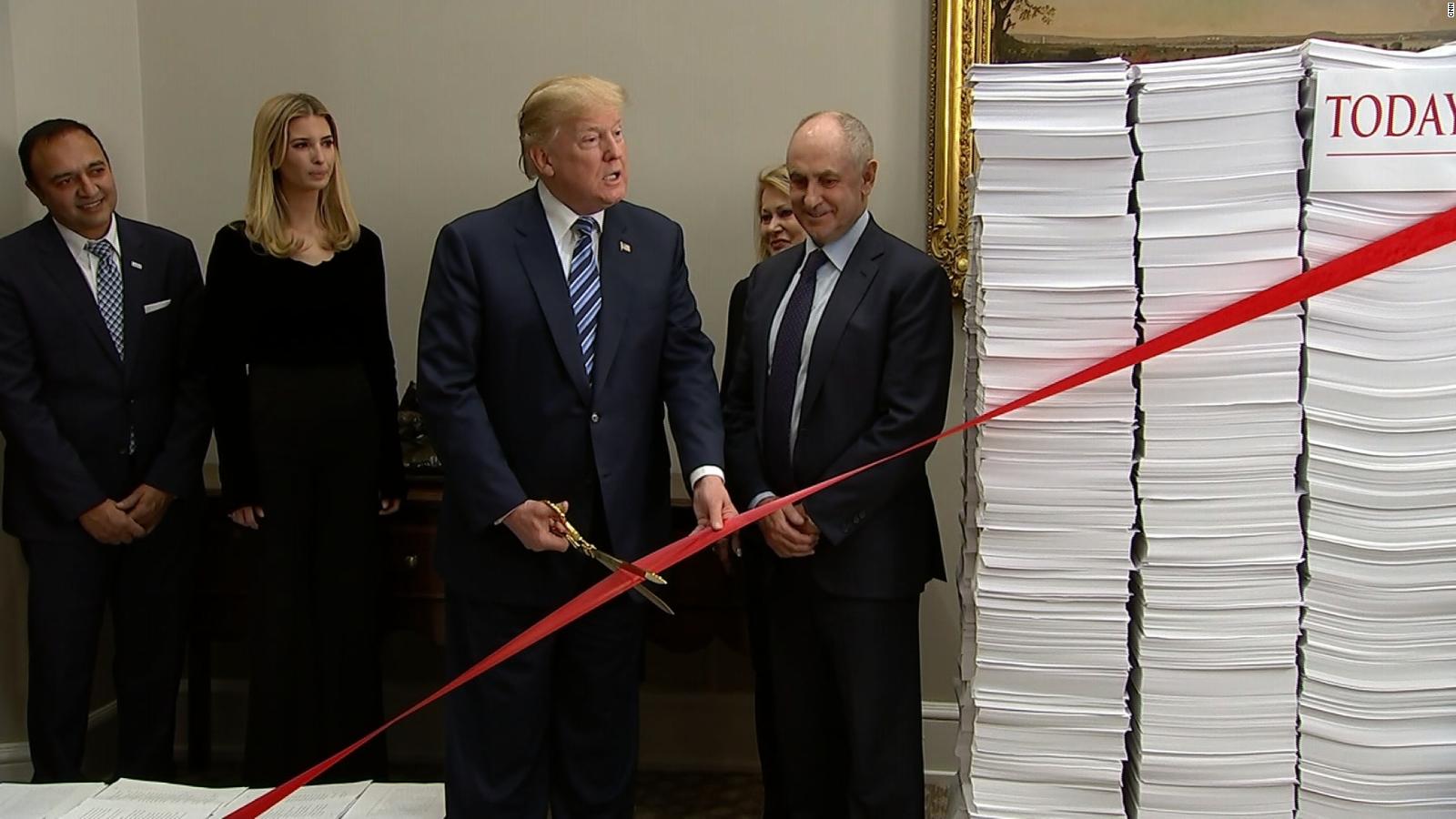Understanding the Efforts to Trim Administrative Powers
Alright, let me break this down for you. When we talk about administrative powers, we're referring to the authority given to government agencies to enforce laws and policies. Now, President Trump decided to scale these powers back, essentially saying, "Hey, let's not let bureaucrats have all the control." What does that mean? It means limiting the influence of federal agencies in the day-to-day running of the government. By doing so, Trump hoped to boost economic growth and empower private enterprises. But what are the real-world implications of this? Let’s dive deeper.
What Are Administrative Powers Anyway?
Administrative powers refer to the ability of government agencies to implement laws and policies. These agencies play a crucial role in governing the nation, from setting education standards to regulating environmental protections. When Trump decided to cut back on these powers, he was essentially aiming to reduce the size and influence of the federal government. The idea was to create a leaner, more efficient government that prioritizes private sector growth. But as with any major policy shift, this move has sparked both praise and criticism.
Key Policies and Their Impacts
By analyzing key policies and expert opinions, we can better understand the effects of these initiatives. For example, the decision to terminate $106 million in state education funding in Massachusetts was met with outrage. Massachusetts officials called the move illegal, arguing that such actions undermine the state's ability to provide quality education. Similarly, New Jersey and 19 other states have sued the Trump administration over its plans to cut the education department staff in half. The attorneys general from these states claim that the cuts are not only illegal but also unconstitutional.
Read also:Michele Monaghan Opens Up About Her Daughter Willows Makeup Talents
Legal Challenges and Constitutional Questions
Legal experts agree that Trump does not have the constitutional authority to dissolve government agencies like the Department of Education. The Supreme Court will likely have to weigh in on these matters, as the administration's actions raise serious questions about the separation of powers. Critics argue that the Trump administration's moves violate the Take Care Clause and the Administrative Procedure Act (APA). In essence, they believe the president overstepped his authority by attempting to dismantle agencies without proper legal justification.
The Broader Implications of These Moves
Let’s talk about what this all means for the country. By limiting the influence of federal agencies, Trump aimed to foster economic growth and empower private enterprises. He believed that reducing bureaucracy would allow businesses to thrive without excessive government interference. However, opponents argue that these cuts could weaken vital services and protections provided by the government. For instance, slashing federal jobs and freezing hiring could lead to understaffed agencies struggling to fulfill their missions.
President Trump and Elon Musk have been at the forefront of these efforts, spending over a month slashing federal jobs—often in defiance of legal limits. The reported cuts so far have raised eyebrows, with many questioning the long-term effects on public services. For example, the Bureau of Prisons, like other government agencies, is complying with the hiring freeze imposed by the Trump administration. This freeze, put in place in January 2025, has already started to impact the operations of various federal agencies.
Public Sector Job Growth Under Biden vs. Trump
Interestingly, a White House official under President Joe Biden pointed out significant public sector job growth during Biden's tenure. This highlights the contrast between the two administrations' approaches to governance. While Biden sought to expand the federal workforce, Trump focused on shrinking it. The "Muslim Ban" serves as a notable example of a Trump policy enacted hastily without thorough consideration of its legal and social implications. This approach has led to numerous legal challenges and controversies throughout his presidency.
Executive Orders and Loyalty Tests
Donald Trump Jr., the president's oldest son, emphasized on Fox News that loyalty would be a key factor in Trump's administration. He stated that Trump would look for "people who don’t think that they know better than the duly elected president of the United States." This sentiment reflects the administration's focus on loyalty and alignment with the president's vision. Additionally, Trump issued an executive order titled "Ending Radical and Wasteful Government DEI Programs and Preferencing," directing agencies to terminate all diversity, equity, and inclusion (DEI) programs among federal agencies.
What’s Next?
The Trump administration's latest moves to scale back federal agencies and funding have sparked widespread debate. A federal judge temporarily blocked Trump's freeze on all federal foreign and domestic aid, arguing that the president's directive violates the separation of powers. As these legal battles unfold, the nation watches closely to see how the courts will rule. Will the Supreme Court side with the administration or uphold the constitutional limits on presidential power? Only time will tell.
Read also:Wendy Williams Declares Shersquos Ldquobetter Than Goodrdquo Amid Guardianship Battle
In the meantime, the administration continues to push forward with its agenda. After freezing almost all U.S. foreign assistance last week, Trump ordered dozens of senior officials at the U.S. Agency for International Development (USAID) to go on administrative leave. Critics argue that these actions amount to foreign interference under the guise of providing aid. Meanwhile, the Bureau of Prisons and other agencies are complying with the hiring freeze, raising concerns about the long-term impact on public services.
Conclusion: A Balancing Act
President Trump's efforts to cut back administrative powers have sparked a heated debate about the role of government in modern society. While proponents argue that these moves will lead to a more efficient and business-friendly government, opponents warn of potential consequences for public services and protections. As legal challenges mount and the courts weigh in, the nation will continue to grapple with the implications of these decisions. One thing is clear: the future of federal governance hangs in the balance.


